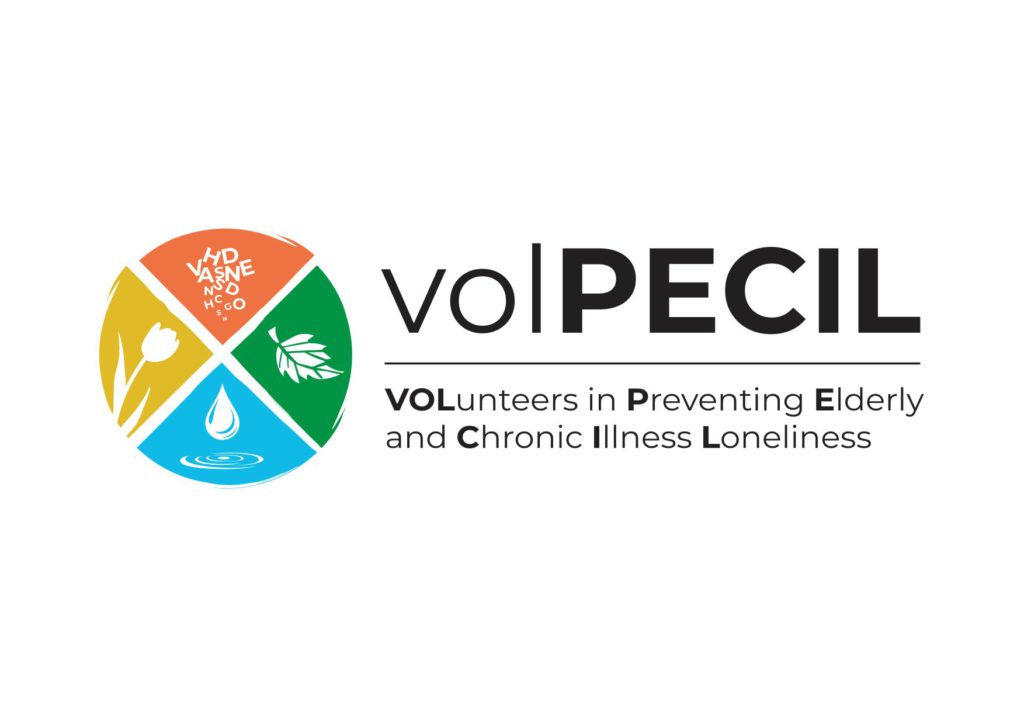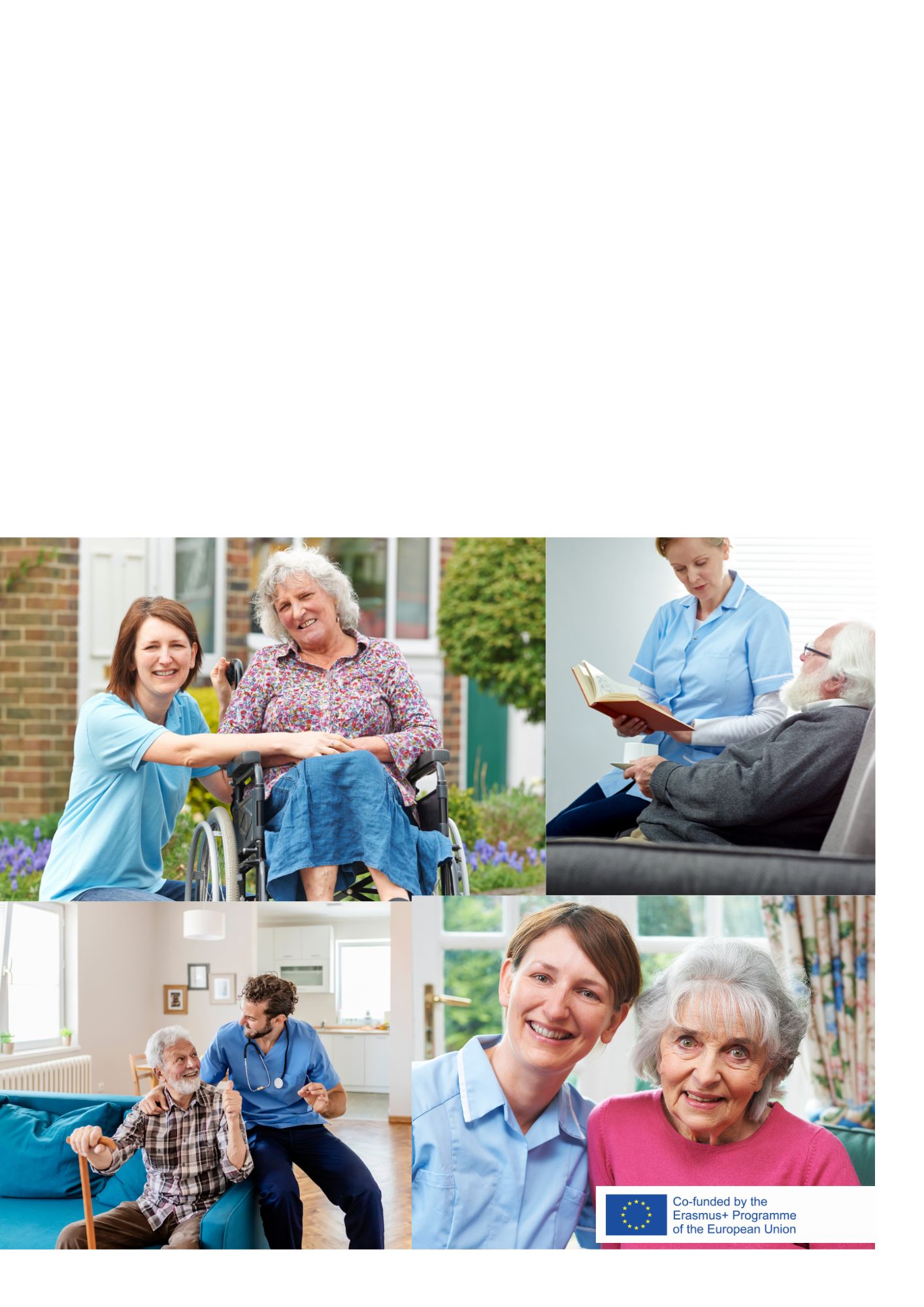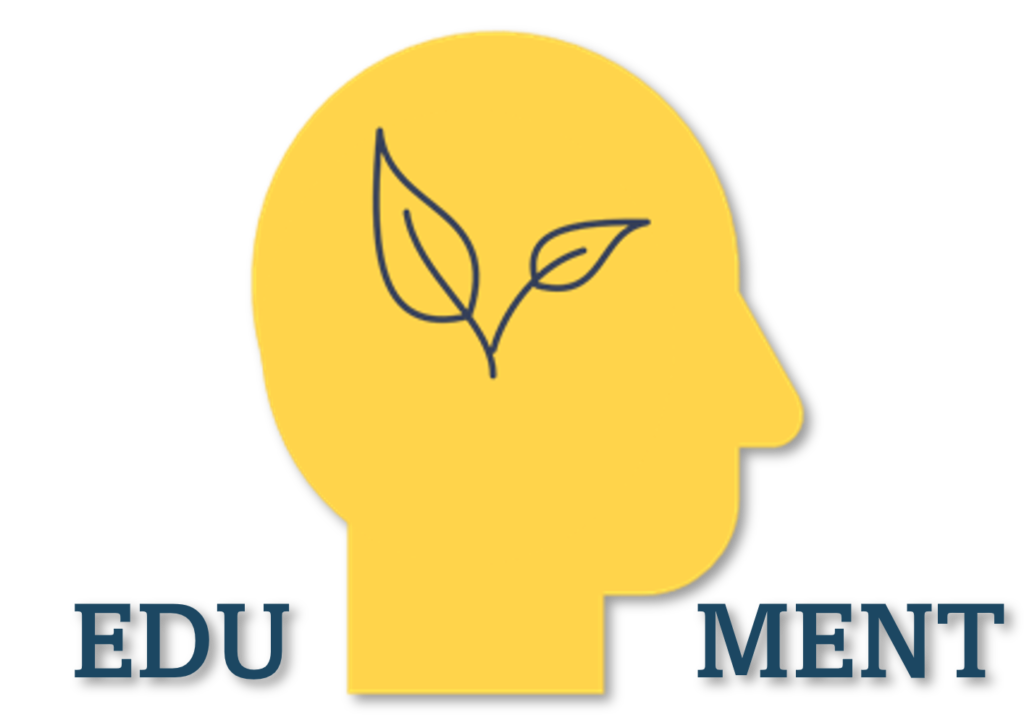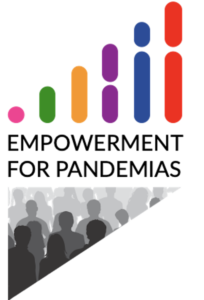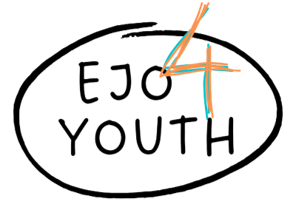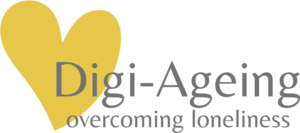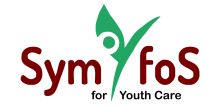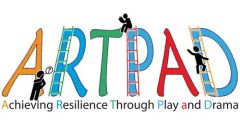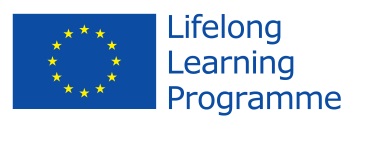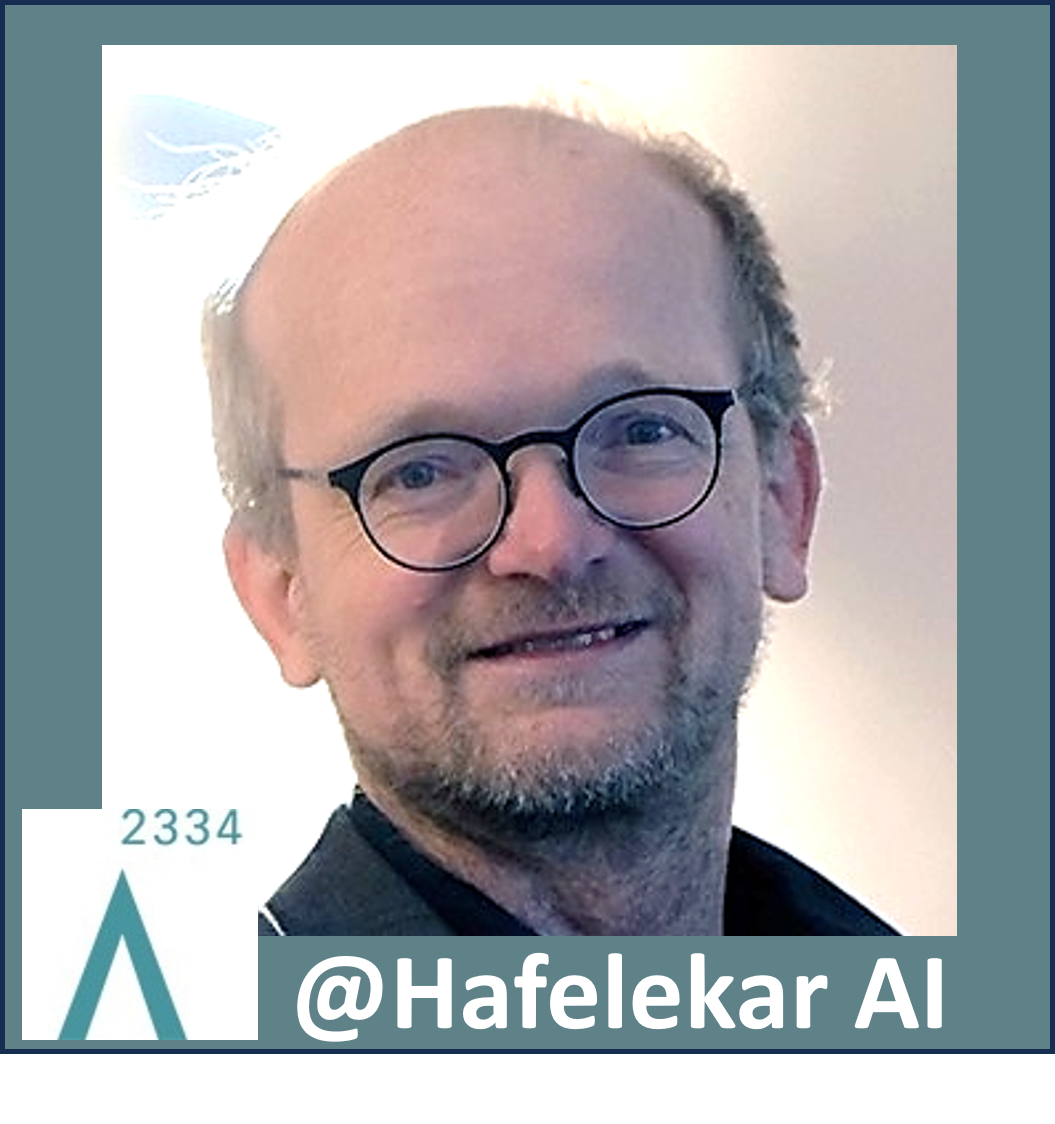Diagnosis and actions for young people looking for a better future
This project aims to help disadvantaged young people by elucidating and interpreting the recent recommendation of the EU Parliament and Council which stresses the 8 key competencies for lifelong learning.
The direct target of the project is the group of professionals working with these young people such as: Practitioners in School, University and/or Labour guidance; Career Guidance Practitioners, Agencies and of the Employment Centers; trainers and teacher of the VET sector.
The indirect targetgroup are the young people with disadvantage condition (particularly the NEETs and the new arriving refugees, migrants or asylum seekers entering or looking for a VET opportunity), then all the organisations involved in the specific topic (VET schools and institutes; Public Administrations dealing directly with the young and with education, labour and reception policies; trade unions; enterprises, etc.)
The concrete aim of the project is to build with and to offer to the direct target a useful tool kit to help the young people with disadvantage condition aging from 18 to 29 years with specific training, education, on-the-job activities in order to facilitate their entrance in the more appropriate VET channel to strengthen their competencies and/or in the labour market.
Throughout the project’s lifecycle, a comparison of the existing best practices on the topic of key competencies development will be promoted and a specific MOOC platform (Massive Online Open Courses) will be planned, tested and launched to support competencies assessment and their development to enhance training and/or employment opportunities for the disadvantaged young. An original diagnosis tool kit based on innovative frameworks, including gamification and survey will allow the Practitioners and teachers to map the soft and professional skills of the young people and to assess their level.
At this stage the Practitioners and teachers will help young people to write their first EU curriculum, then, using the modules on the platform (also multimedia), they will help them to decide how to overcome the existing gaps selecting the right training or apprenticeship opportunity/ies. At the end the Practitioners and teachers will be able to assess again the skills and competences and, accordingly, to rewrite the CV. On the platform an innovative section will be targeted to match enterprises and workers, so the Practitioners will be able, with the young people, to point out the more promising working opportunities for the future professional inclusion.
Project duration
September 2016 till Oktober 2018
Web
Homepage: www.day-plot.eu
Project Partners
Antares – Rom (Italy) – Coordination
Eulab Consulting – Rom (Italy)
GEMS Northern Ireland – Belfast (North Ireland, UK)
Work Research Institute (AFI) – Oslo (Norway)
Hafelekar Unternehmensberatung – St. Pölten (Austria)
Centre Recursos d’Iniciatives i Autoocupació, sl (C.R.I.A.) – Madrid (Spain)
Dieses Projekt wurde mit Unterstützung der Europäischen Kommission finanziert. Die Verantwortung für den Inhalt dieser Veröffentlichung trägt allein die VerfasserIn; die Kommission haftet nicht für die weitere Verwendung der darin enthaltenen Angaben.
